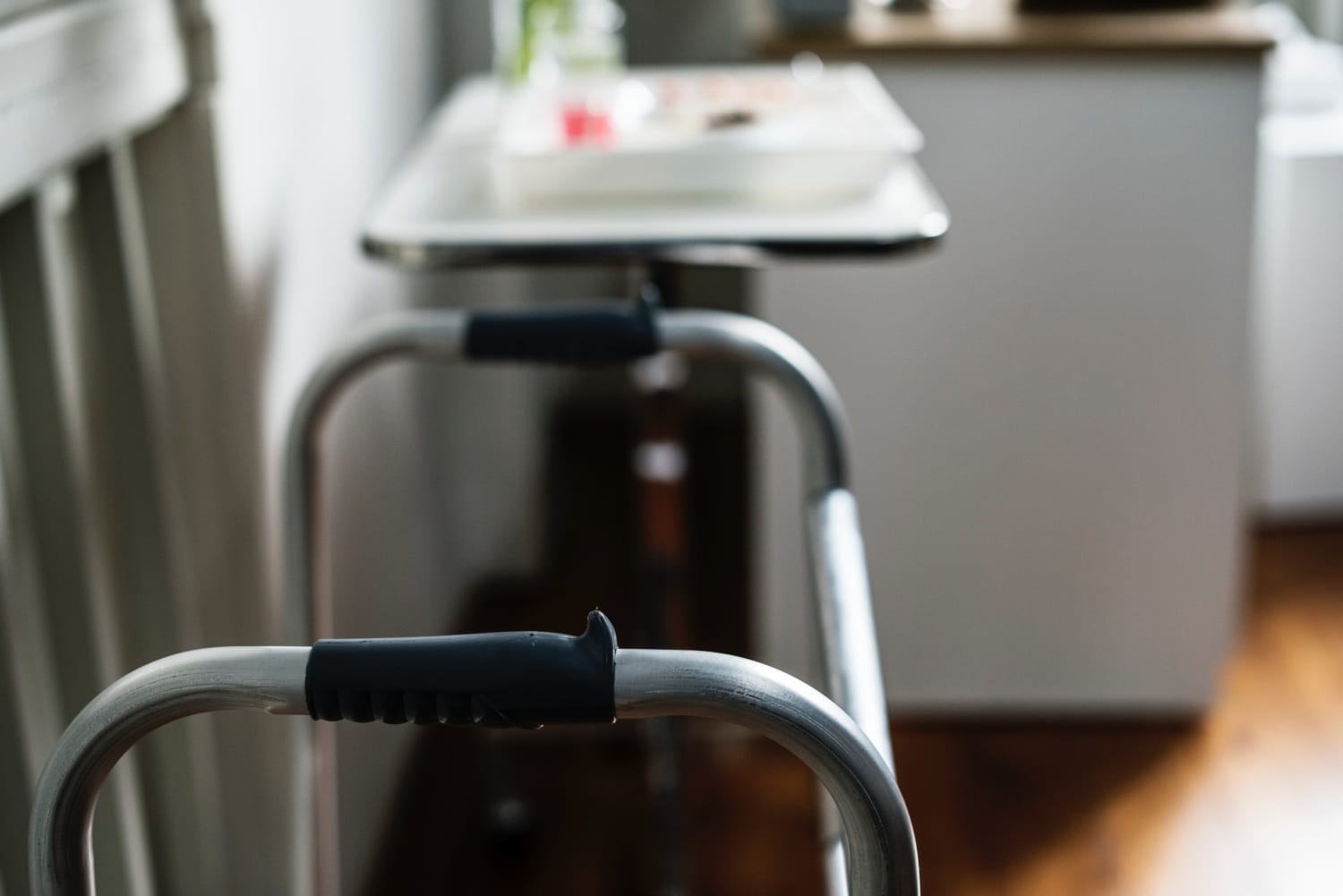

Disability status, intimate partner violence and perceived social support among married women in three districts of the Terai region of Nepal
A Project of —
Nepal, Championing Gender Equality & Women’s Empowerment, Participatory Media & Technology, Research & Learning
Findings revealed that women living with a disability who reported severe impairment were more likely to report multiple forms of intimate partner violence (IPV) and violence from in-laws, relative to women living with a disability reporting some impairment. Similarly, women with some impairment were more likely to report some forms of IPV than women without any disability.”
Women living with disabilities are disproportionately vulnerable to intimate partner violence (IPV). However, very little research has been done in low and middle-income settings. This paper seeks to address this information gap by using baseline data from EAI’s Change Starts at Home study in Nepal to examine the links between differing degrees of disability and IPV and violence at the hands of in-laws. The paper also looks at how supportive a woman living with disabilities perceives her family and in-laws to be, particularly with reference to her experiences of IPV.
Nearly half of women with severe impairment (41.6%) and one in three women with some impairment (31.7%) reported past-year emotional IPV, compared with 26.5% of women with no disabilities”
Research from multiple global regions illustrates that people living with disabilities experience lower educational attainment, less income, lower social status and worse health outcomes than those without disabilities. In addition to these health and social outcomes, a disproportionate number of women living with disabilities experience intimate partner violence (IPV).
This paper builds on existing literature on IPV and disabilities through an analysis of baseline data from the Change Starts at Home study including a randomized controlled trial (RCT) carried out in three districts in Western and Central Nepal. The aim of this paper is to (1) document the prevalence of women ages 18–49 who report living with a disability in these districts, (2) examine the associations between the extent of disability and past-year IPV experiences, and (3) compare perceived social support available for IPV among women based on disability status.
Key Findings:
- Women living with disabilities are disproportionately vulnerable to intimate partner violence
- The more severe the impairment, the more vulnerable a women is to intimate partner violence
- Sources of social support are limited for women with disabilities who have experienced intimate partner violence
- Perceived social support also varies by severity of impairment, so that the more severe the impairment, the less likely women are to report having supportive in-laws
The needs of women living with disabilities should, therefore, be integrated into ongoing intimate partner violence prevention and intervention work in low-income countries to destigmatize disability status, ensure services are accessible to women with disabilities and account for the variation in intimate partner violence experiences among women with different levels of impairment.